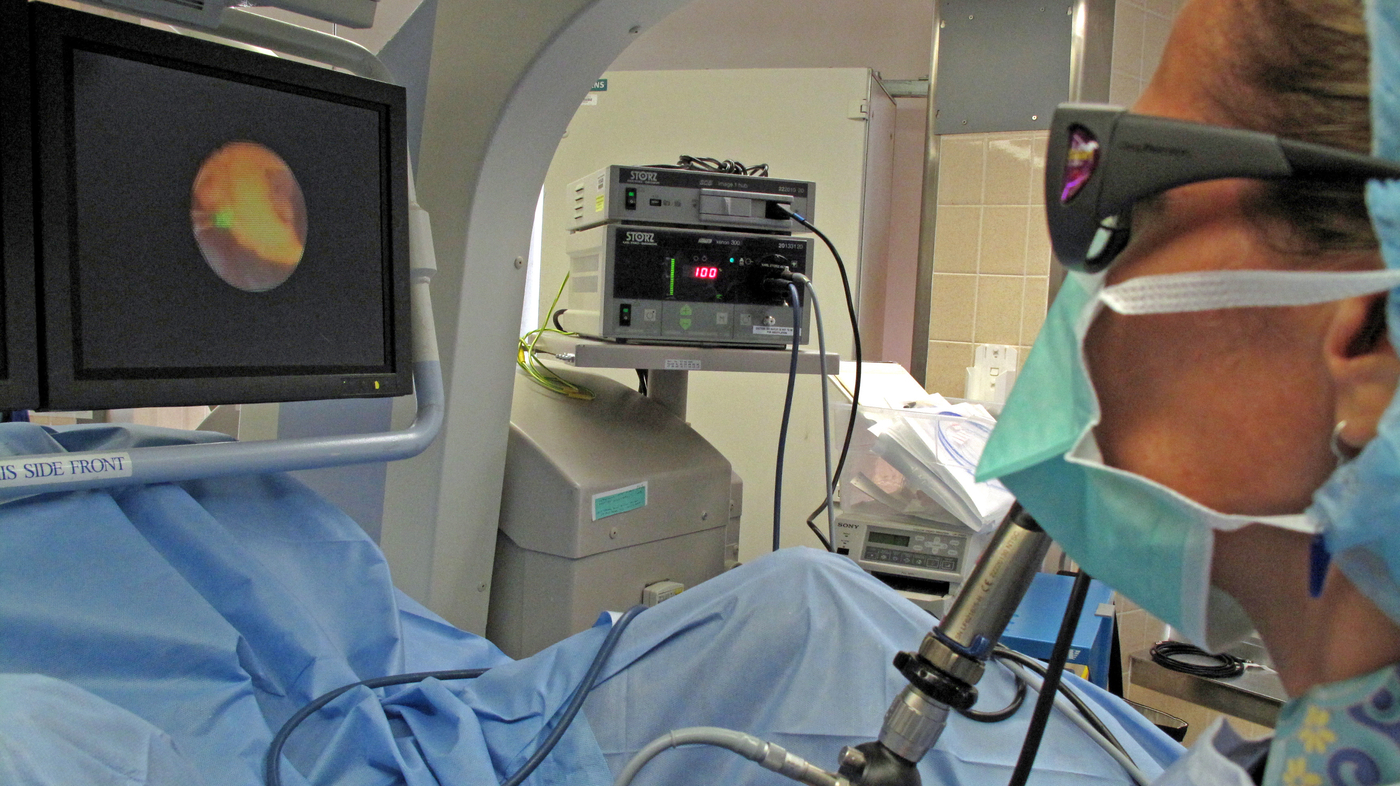Radiologists use different imaging techniques to diagnose and treat patients in the medical field of radiology. Radiology professionals are in high demand as they are essential in the healthcare industry, providing accurate and timely information to physicians and patients; radiology jobs compensation is also attractive, as radiologists are among the highest-paid medical specialists in the country.
Factors influencing job compensation:
- Education and Experience
One main factor influencing job compensation is the candidate’s education level and experience. Following four years of medical school, one must complete four years of diagnostic radiology residency training to become a radiologist. Some radiologists may also pursue additional fellowship training in a subspecialty area, such as interventional radiology, nuclear medicine, mammography, or neuroradiology.
- Location and Specialty
Another factor that affects radiology jobs compensation is the location and specialty of the candidate. Different regions and cities may have different demand and supply levels for radiology professionals, which can impact their salaries.
- Demand and Supply
The demand and supply of radiologists are other factors that influence their compensation. According to Radiology Business, there is a need for more radiologists in the US market due to an aging population, increased utilization of imaging services, the retirement of older radiologists, and limited enrollment in radiology residency programs. It has increased competition among employers to attract and retain qualified radiologists.
As a result, radiologists have seen a rise in their salaries and benefits. According to Merritt Hawkins’ 2022 Review of Physician and Advanced Practitioner Recruiting Incentives report, the average base salary for radiologists in the US was $510,000 in 2022-2023, up from $485,000 in 2021-2022. Moreover, some radiologists received offers as high as $825,000 in 2022-2023.
Career Outlook
The growing use of medical technology and the aging population will increase the demand for radiologists in the coming years. It means many opportunities for qualified individuals to find rewarding and well-paying radiology jobs.
Benefits
In addition to high salaries, radiology jobs compensation also offer excellent benefits packages. These benefits typically include-
- health Insurance
- medical, dental, vision, life, and retirement savings programs
- and paid time off.
Tips for Healthcare Recruiters
For healthcare recruiters who are looking for talented and motivated radiology candidates, here are some tips to consider:
- Conduct thorough research on the market trends and expectations of radiology professionals in region and specialty.
- Offer competitive salaries and benefits that match or exceed the industry standards and reflect the value and skills of the candidate.
- Highlight the organization’s career growth and development opportunities and showcase culture and values.
- Use multiple channels and platforms to reach potential applicants through social media and online employment sites, professional associations, and referrals.
- Provide clear and timely communication throughout the recruitment process and maintain a positive relationship with the candidate.
Conclusion
Radiology is a rewarding and challenging career that offers high compensation and satisfaction. However, it also requires extensive education, training, dedication, and passion for the field. Healthcare recruiters looking for qualified and motivated radiology candidates need to understand the factors that affect their job compensation and offer attractive incentives that match their needs and goals.








Comments